How to pronounce 'Jezero crater.' (Yes, you may be doing it wrong.)
To pronounce "Jezero" correctly, think of the letter "J" as sounding more like the letter "Y."
If you read about NASA's Perseverance rover, come across the name of its landing site on Mars — Jezero Crater — and pronounce it in your head, you may be doing it wrong. Many people at NASA aren't pronouncing it correctly, either.
NASA's Perseverance mission will attempt to land on Mars today (Feb. 18). Once it reaches the 28-mile-wide (45 kilometers) Jezero Crater, the rover will use its seven instruments and the help of a helicopter called Ingenuity to study Earth's neighboring planet like never before.
Sending this $2.7 billion science project to Mars required NASA to think a lot about where exactly to drop the mission. It took about five years for NASA to select a landing site, and on Nov. 19, 2018, NASA announced it would send Perseverance (then known simply as the Mars 2020 rover) to a dried-up lake bed called Jezero Crater.
Now, as Americans get ready for Perseverance to touch down in Jezero Crater today, it's time we all learn to pronounce the crater's name.
Related: How to watch NASA's Perseverance rover land on Mars
Perseverance rover's Mars landing: Everything you need to know
"Jezero" is a slavic word meaning "lake." The Planetary Society, a non-profit advocating for space exploration, published an audio clip back in 2018 (which you can download as an M4A audio file) in which a person pronounces the name correctly. Pro-tip for English speakers: Think of the letter "J" as sounding more like the letter "Y."
"It is correctly pronounced something like 'YEH-zuh-doh,' though [Perseverance] mission team members typically pronounce it 'DZEH-zuh-row,'" wrote planetary geologist and science communicator Emily Lakdawalla in an article published by The Planetary Society. Two and half years later, mission team members are still pronouncing "Jezero" with a hard "J" (here is one example).
Get the Space.com Newsletter
Breaking space news, the latest updates on rocket launches, skywatching events and more!
Video: How to pronounce 'Jezero' in Croatian
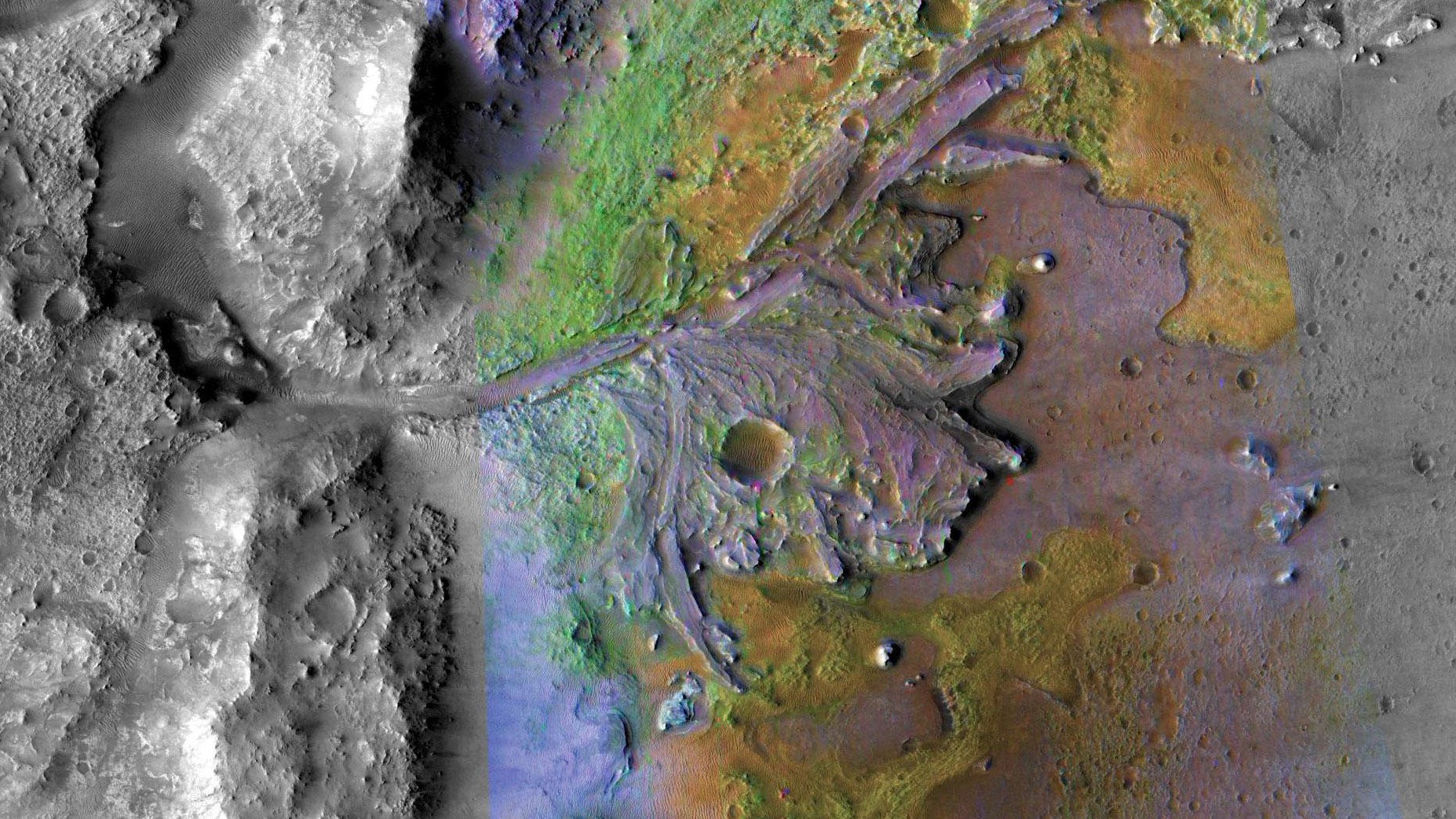
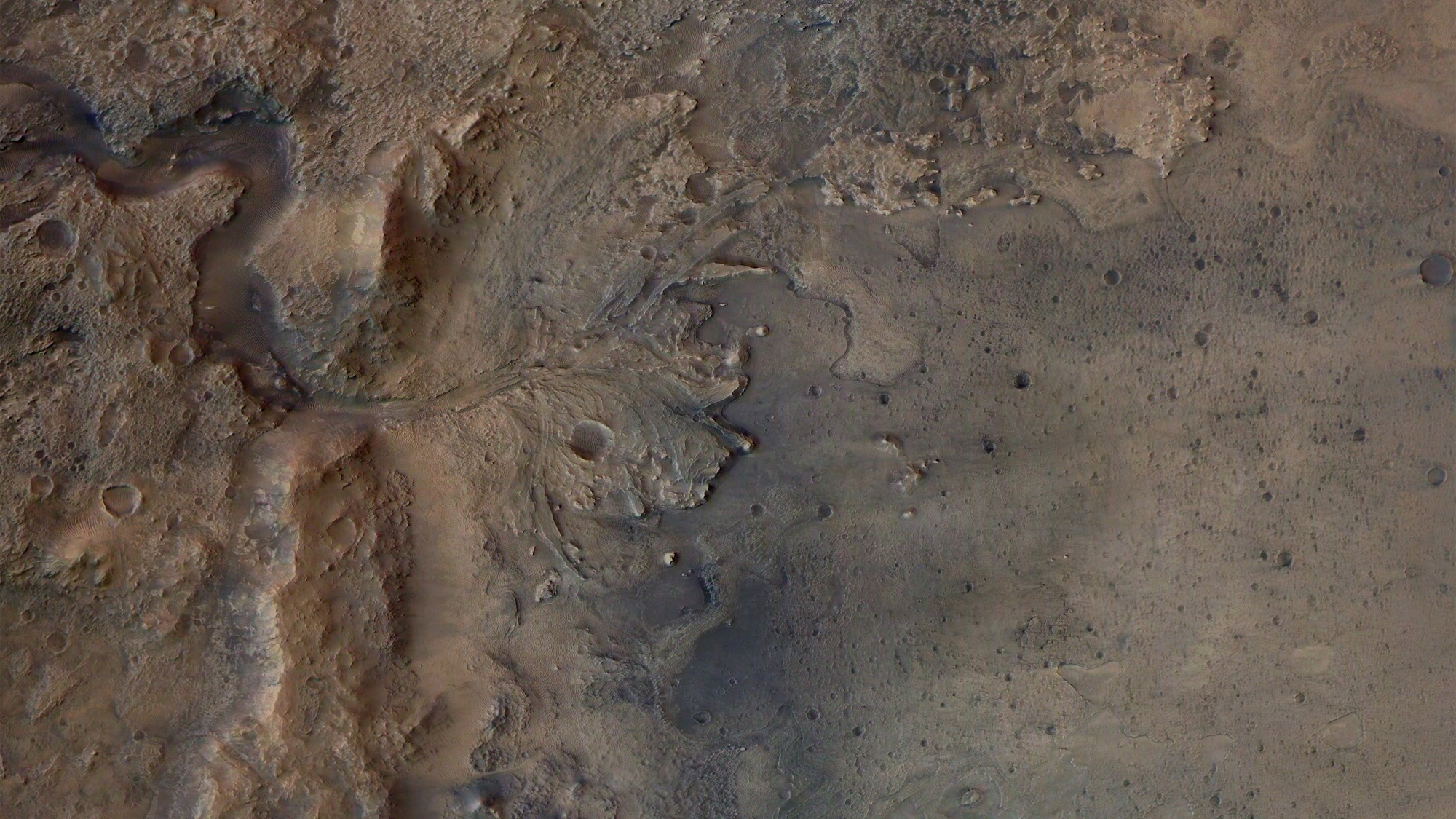
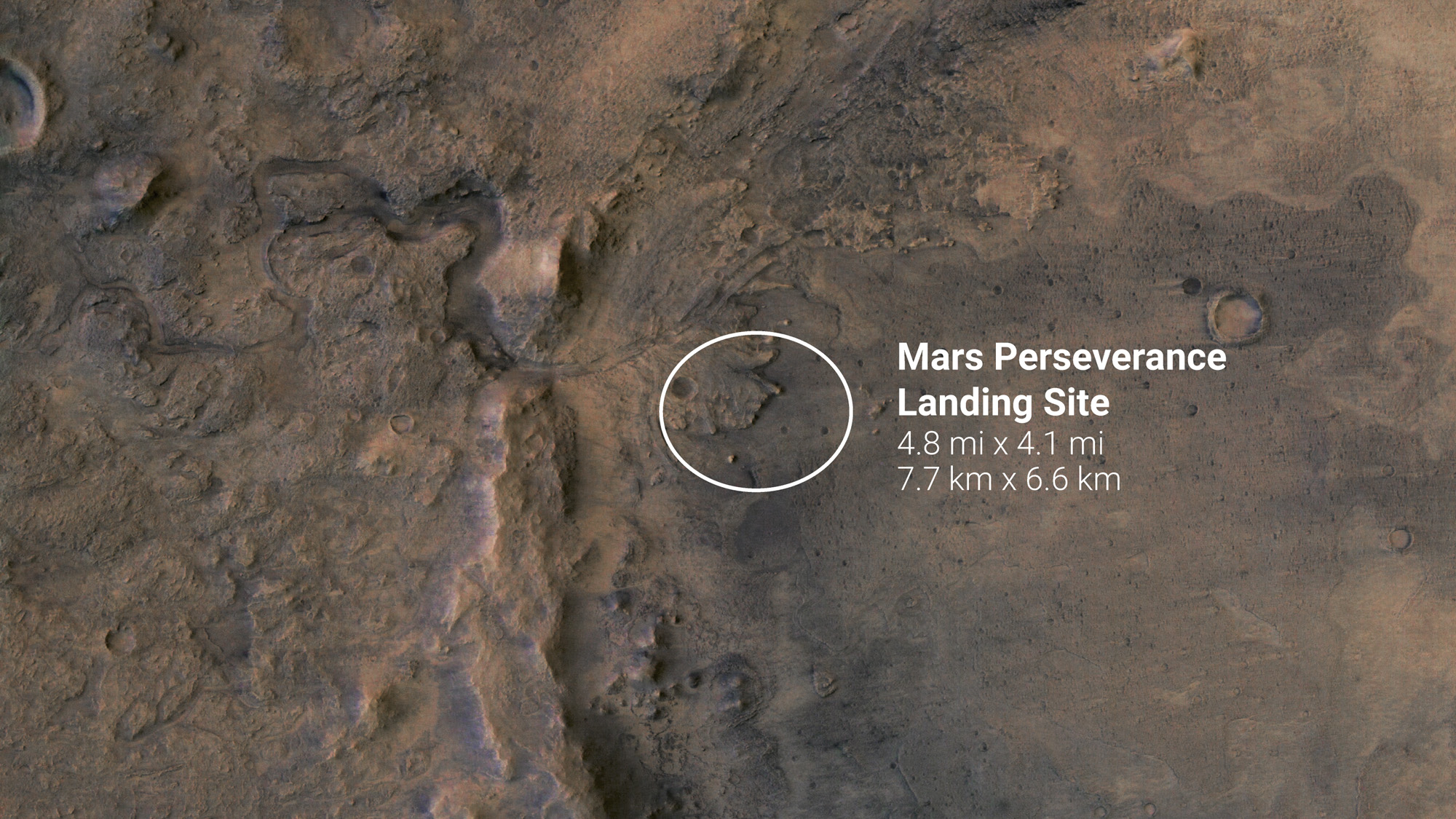
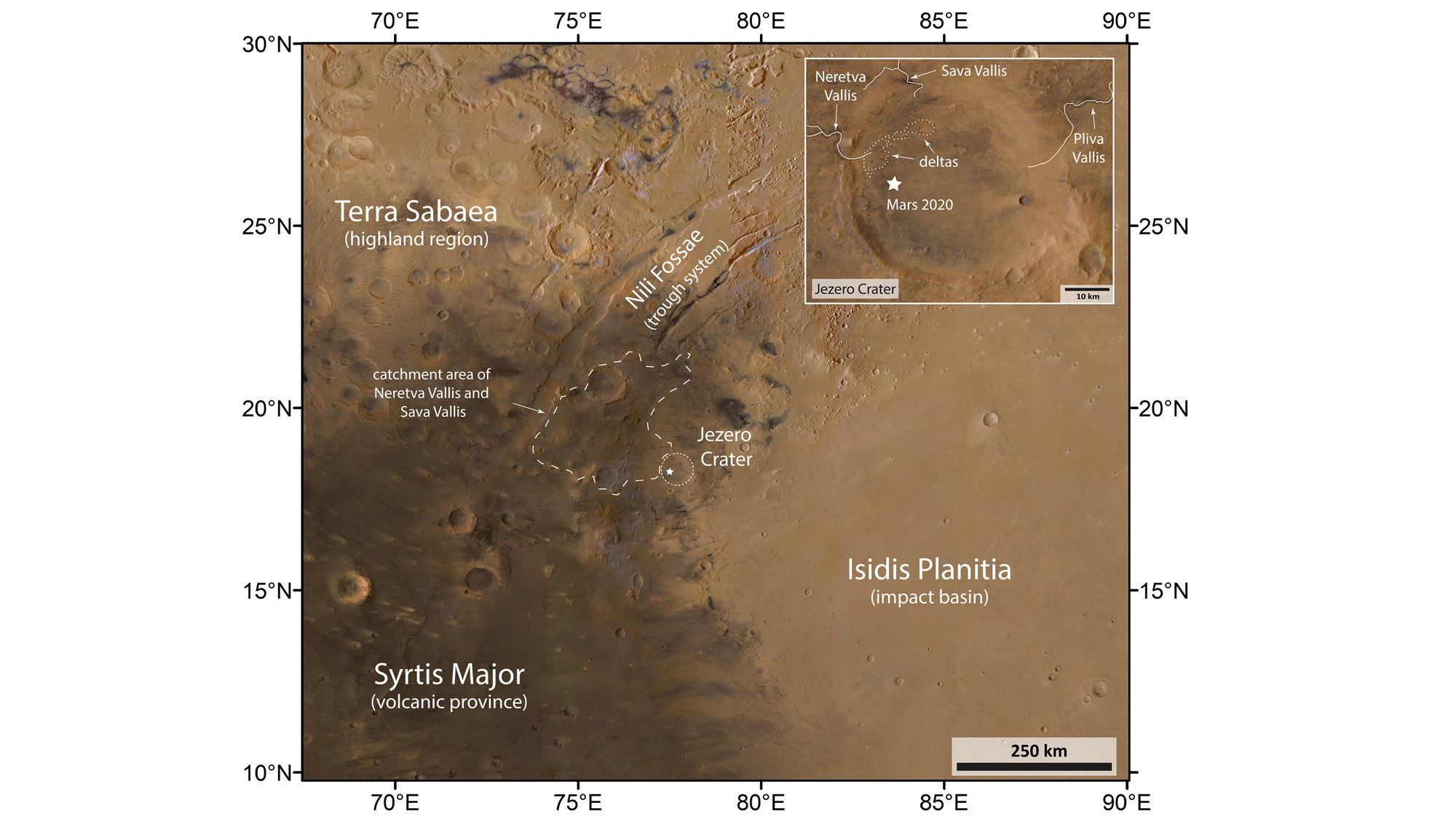
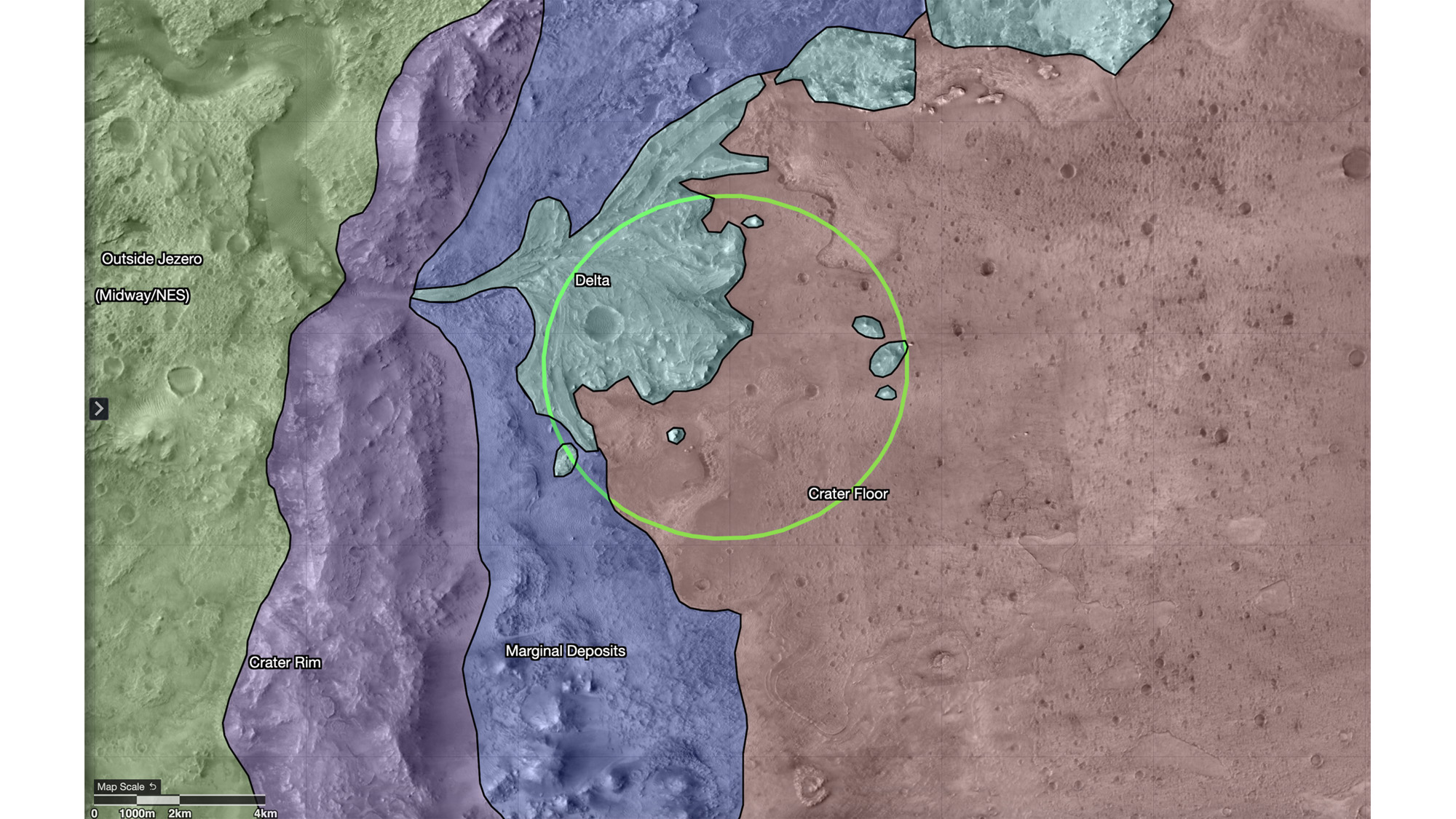
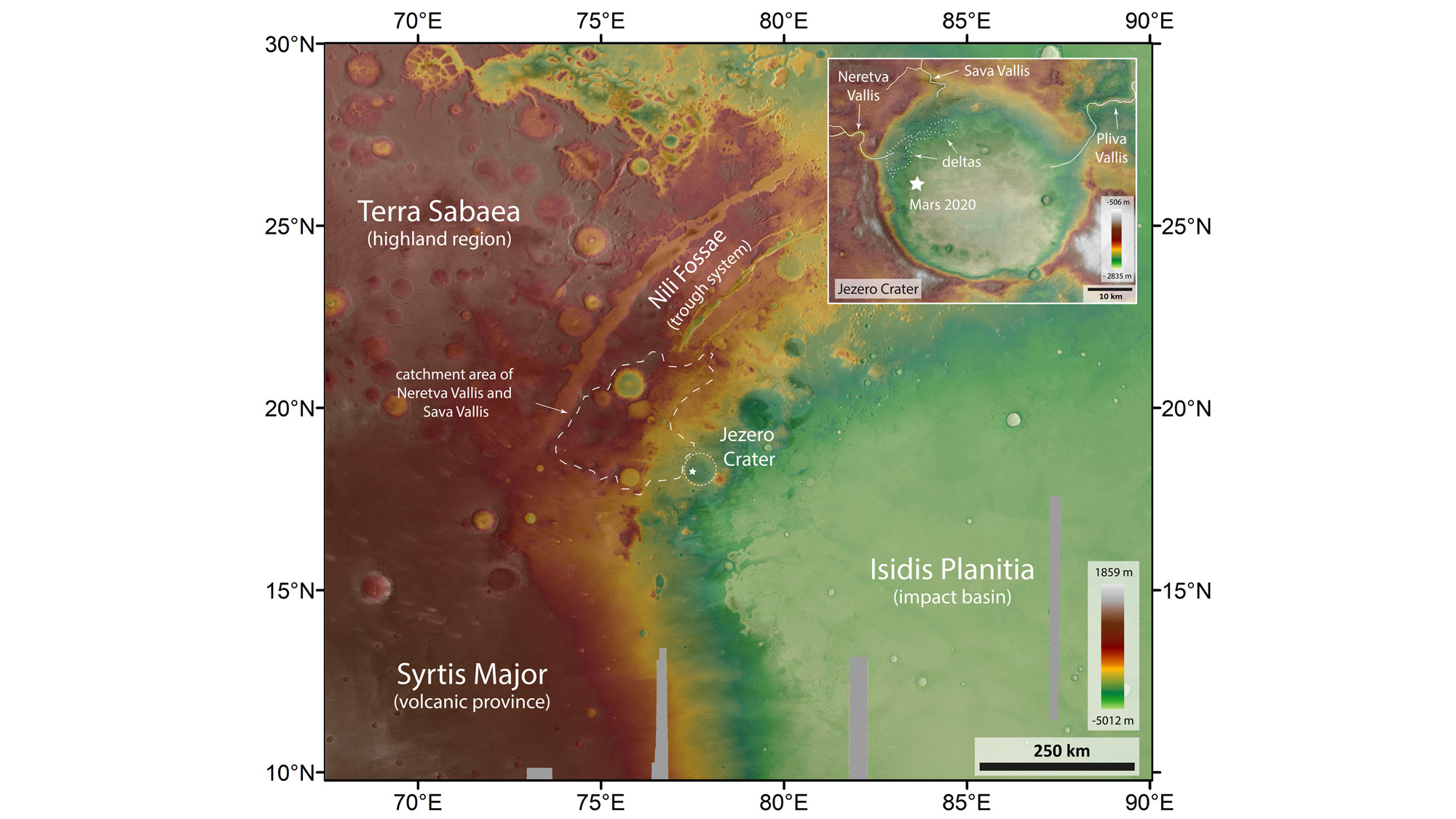
"Jezero" is in good company. There are many space names, such as "Ryugu," "Iapetus," "'Oumuamua" and "Sleipnir Fossa" that encourage astronomy enthusiasts to tap into the different languages around the world.
Space.com is providing live updates on the landing of NASA's Perseverance mission.
Follow Doris Elin Urrutia on Twitter @salazar_elin. Follow us on Twitter @Spacedotcom and on Facebook.
Join our Space Forums to keep talking space on the latest missions, night sky and more! And if you have a news tip, correction or comment, let us know at: community@space.com.

Doris is a science journalist and Space.com contributor. She received a B.A. in Sociology and Communications at Fordham University in New York City. Her first work was published in collaboration with London Mining Network, where her love of science writing was born. Her passion for astronomy started as a kid when she helped her sister build a model solar system in the Bronx. She got her first shot at astronomy writing as a Space.com editorial intern and continues to write about all things cosmic for the website. Doris has also written about microscopic plant life for Scientific American’s website and about whale calls for their print magazine. She has also written about ancient humans for Inverse, with stories ranging from how to recreate Pompeii’s cuisine to how to map the Polynesian expansion through genomics. She currently shares her home with two rabbits. Follow her on twitter at @salazar_elin.









